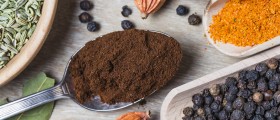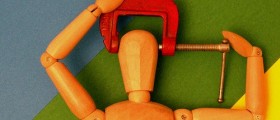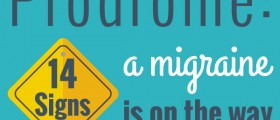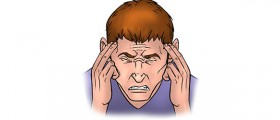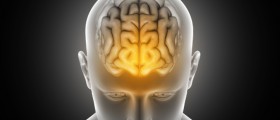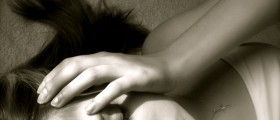Loading...
Loading...
I also do have sinus problems when those days in a month are close.
I usually have migraines before my period is about to start. Sometimes this pain is so huge that I feel some pressure on my head, my eyes...I just don't know where anymore.
I think that those are some of those PMS symptoms/ signs that we always feel when we are about to have our period.
At least, it is in my case. I really hate it because I feel so powerless when I am about to get it. My doctor says that there is nothing that I can do about it.
Loading...
Loading...
Loading...
Loading...
Loading...
MenstrualMigraine.org
this site believes there is a connection between the two. i thought for a long time that i was having sinus headaches, but after yesterday's headache, i believe they are migraines. i read somewhere that people who think they're having sinus headaches are actually having migraines.
hope this helps.
Loading...
Loading...
Loading...
Loading...
The female hormone estrogen starts to rise after menstruation and peaks around mid-cycle (ovulation). It then rapidly drops only to slowly rise and then fall again in the time before menstruation. Estrogen hold fluid and with increasing estrogen comes fluid retention: many women report weight gains of five pounds premenstrually. Estrogen has a central neurologic effect: it can contribute to increase brain activity and even seizures. Estrogen can also contribute to retention of salt and a drop in blood sugar. PMS patients and migraineurs benefit from both salt and sugar restriction and a mild diuretic.
PMS and Migraine Diet
Depending on the patient’s individual symptoms and their severity, the doctor may recommend how one may take an active role in the management of PMS and premenstrual migraine by following these guidelines:
*Eat six small meals at regular three-hour intervals, high in complex carbohydrates and low in simple sugars. This helps to maintain a stead blood glucose level and avoid energy highs and lows.
*Substantially reduce and eliminate use of caffeine, alcohol, salt, fats, and simple sugars to reduce bloating, fatigue, tension and depression.
*Daily supplemental vitamins and minerals may be administered to relieve some PMS symptoms. A multivitamin with B6(100 mcg), B complex, magnesium (300mg), Vitamin E (400 IU) and vitamin C (1000 mg) may be recommended to alleviate irritability, fluid retention, joint aches, breast tenderness, anxiety, depression and fatigue. Be sure to check with your doctor before taking any medication for PMS.
*Exercise is helpful for PMS because it reduces stress and tension, acts as a mood elevator, provides a sense of well-being and improves blood circulation by increasing natural production of beta-endorphins. It is recommended, if your physician so advises, to exercise at least three times weekly for 20-30 minutes. Aerobics, walking, jogging, bicycling and swimming are a few of the suggested ways to exercise.
I hoped this helped! :-D
